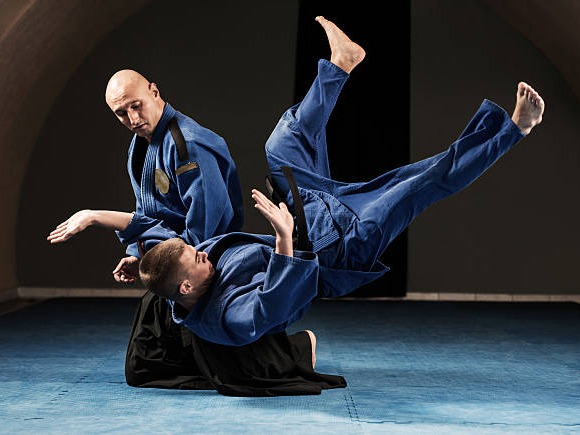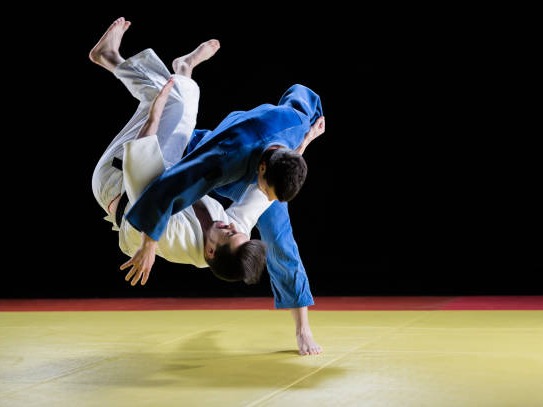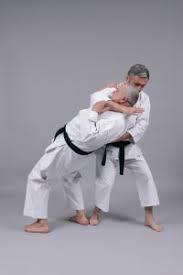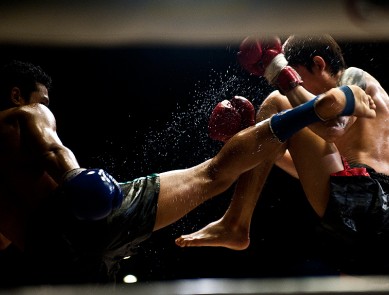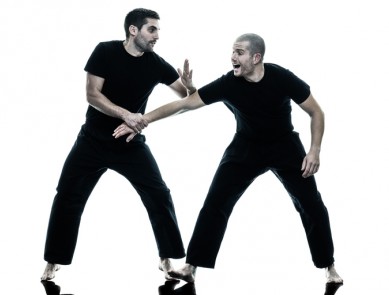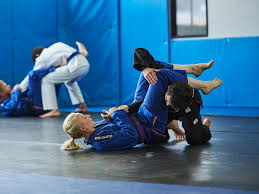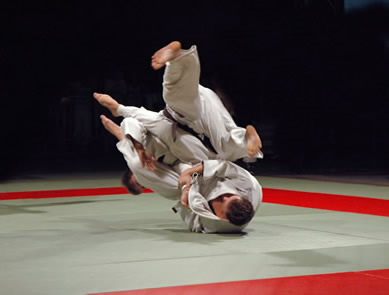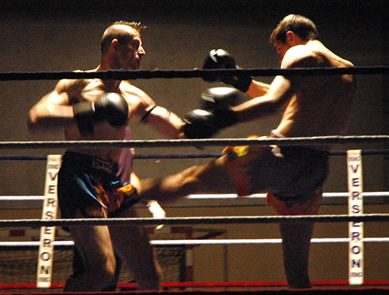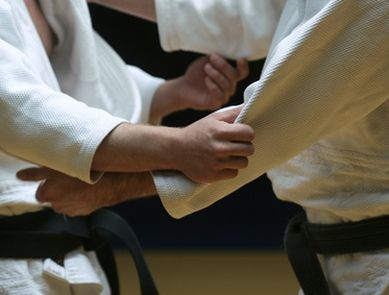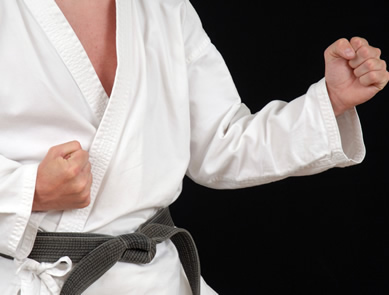Jujitsu Brésilien

Brazilian Jiu-Jitsu, known as "Jujitsu Brésilien" in French, is a dynamic and highly effective martial art that has taken the combat sports world by storm. This grappling-based discipline focuses on ground fighting techniques, submissions, and leverage, making it an essential component of modern mixed martial arts (MMA) training.
The Rich History and Origins of Brazilian Jiu-Jitsu
Brazilian Jiu-Jitsu (BJJ) traces its roots back to early 20th century Brazil. The Gracie family, particularly Carlos and Hélio Gracie, played a pivotal role in developing and popularizing this martial art. They adapted traditional Japanese Jujutsu and Judo techniques to create a unique system that emphasizes ground fighting and submission holds.
Key Milestones in BJJ History:
- 1914: Mitsuyo Maeda introduces Judo to Brazil
- 1920s: Carlos Gracie begins teaching Jiu-Jitsu
- 1930s: Hélio Gracie refines techniques for smaller practitioners
- 1993: Royce Gracie showcases BJJ's effectiveness in the UFC.
